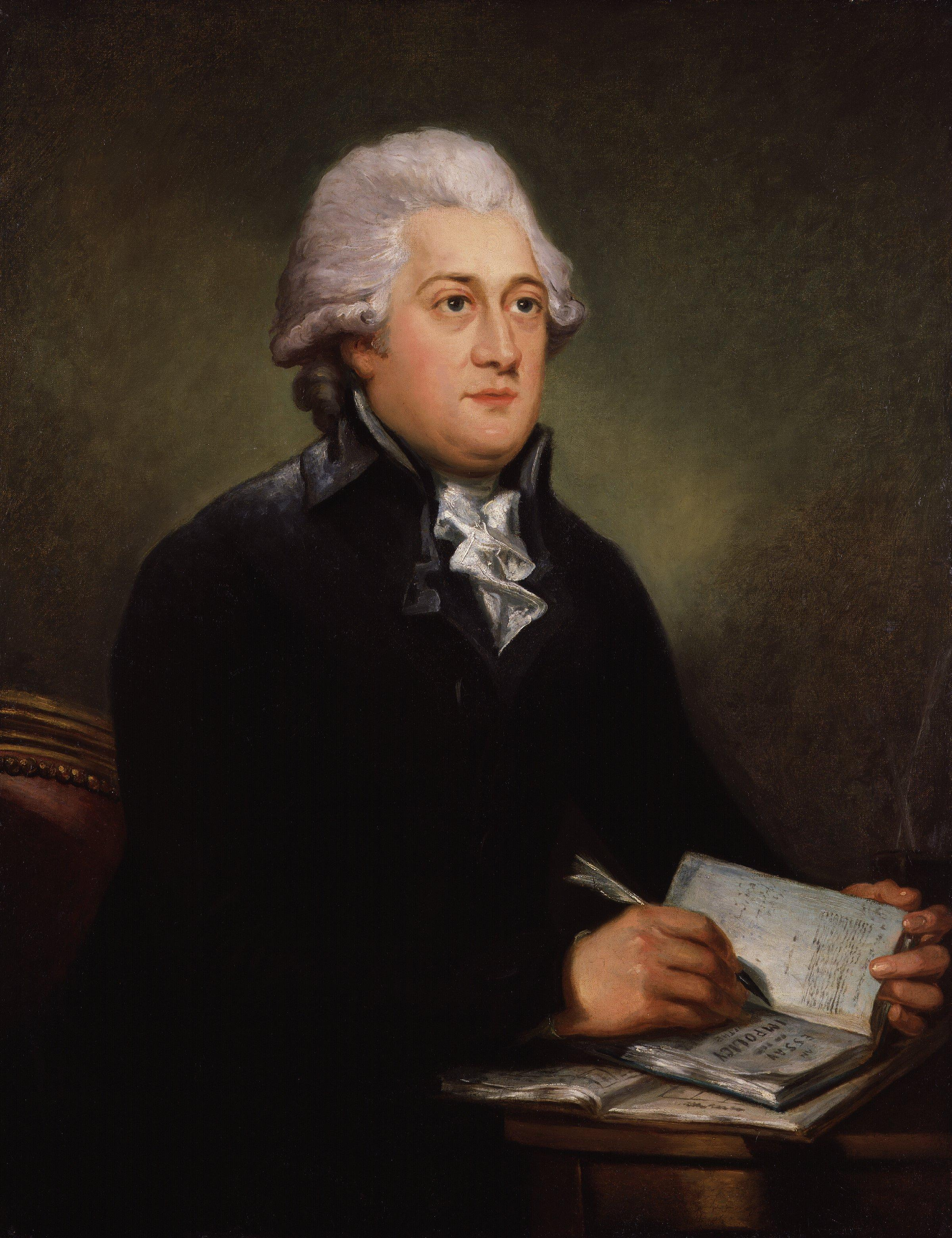Slavery had existed in the British Empire long before it could have been called an empire, but the sun seemed to set it as the nineteenth century grew prosperous. Abolitionists had worked for years to end the practice by lobbying Parliament, and a formal Anti-Slavery Society was formed in 1823 with such members as William Wilberforce, Thomas Clarkson, and Elizabeth Pease. Pitted against them were the wealthy plantation owners of the empire whose fortunes were based on cheap labor.
Another force against the abolitionists was simple inertia. Slavery had worked for so long that, while it may have been deplorable, that was simply the way things were. Many noted the question of what to do with thousands of newly freed, unemployed, uneducated former slaves. The status quo continued so, until 1831 when a planned peaceful strike of Baptist slaves broke out into violent revolt in Jamaica, put down ten days later with hundreds dead in what became known as the Baptist War.
After the rebellion, an inquiry was sent to investigate, and the brutality of the planters became known. While the abolitionists used the information to push forward their agenda, businessmen became concerned. They had lost the slave trade in 1807, but to lose all slaves would be a major financial hit. When it became suspected that even the East India Company may suffer, money acted. Through politicking and outright bribery, the years of work of the Anti-Slavery Society were absconded and twisted into a new ideal: governing the rights of slaves.
Before the abolitionists could effectively rebut it, the Slaves' Rights Act was passed in 1833. The institution of slavery was thus legally protected, and slaves were deemed a kind of lifetime apprentice. Mistreatment of slaves was made stiffly illegal with fines and even jail-time, but runaway slaves were also to be arrested and fined what little money they had. A new office of civil servant was created as Slave Inspectors (which became well paid and often relations of large slave owners). Also key to the act was the point that slave may only be bought or sold with a writ of permission from the slave. While not reigniting the slave trade, this did open legal grounds for the transport and sale of slaves.
Abolitionists decried the act as “a feeble bandage on a festering wound”, and Thomas Clarkson was quoted as saying that he was “happy Wilberforce did not live to see this day.” Still, the law improved conditions for slaves, and many were sold their freedom. Even with fewer slaves per capita, slavery continued. Reinventing themselves, many abolitionists began to use the “writ of permission” as note that the slaves must be able to write effectively, and thus schooling must be provided for all slaves, especially the young. When it was upheld in the courts, many abolitionists became educators for the slaves.
With furthered education, the slaves of the British Empire became arguably more politically significant than the uneducated masses in the large cities of the Industrial Revolution. Following the reports of David Livingstone in the 1860s about the Arab slave trade, a new push for slaves' rights began and was furthered by the Emancipation Proclamation in America during its Civil War. A long discourse in Parliament began, and slavery was abolished in 1873. Newly freed, many slaves used their education to better their position: opening businesses, buying land, and employing other former slaves as workers in factories.
Toward the twentieth century, the centers of manufacturing shifted toward former plantations. Throughout the British Empire, factories sprung up beside fields, transforming towns to cities. Seaside cities solved their energy needs with offshore drilling for oil and “wave generators,” a machine capable of turning tidal motion to electricity, invented by Freedman John Stanwite of Jamaica. The Caribbean became known as South Manchester for its manufactures, though the nickname was only economically apt as its was a collection of light industry instead of heavy machines. The colonies swiftly began to move away from Britain as a “motherland.”
With the World War ending in 1918, Ireland led the colonies in searching for freedom. With a marginal downturn in the world economy over the course of the 1930s in the World Depression, political pressure forced the British Empire to evolve into a commonwealth of republics. Socialism would strike many of the former French and Spanish colonies as preferable following the example of Stalinist Russia, but the political tug-of-war between the capitalist west and the USSR could hardly be called a war, even a cold one. Instead, widespread commercialism would dominate the world by the beginning of the twenty-first century.
–
In reality, the act of 1833 fully abolished slavery, though not all at once. Slaves under six were freed, and the rest would be deemed “apprentices” to be freed gradually based upon employment until 1840. Many slaves led peaceful protests and were granted their freedom early. However, the Act did make note that it was not applicable “to any of the Territories in the Possession of the East India Company, or to the Island of Ceylon, or to the Island of Saint Helena,” thus protecting many business interests.

I am really impressed and you do an appreciative work.. thanks for sharing.
ReplyDeletethanks!!
Loading Arm
Well done! But what ignited the ACW? It seems to me the major slave states would have pushed for a similair federal law in the face of the New England abolitionists.
ReplyDelete